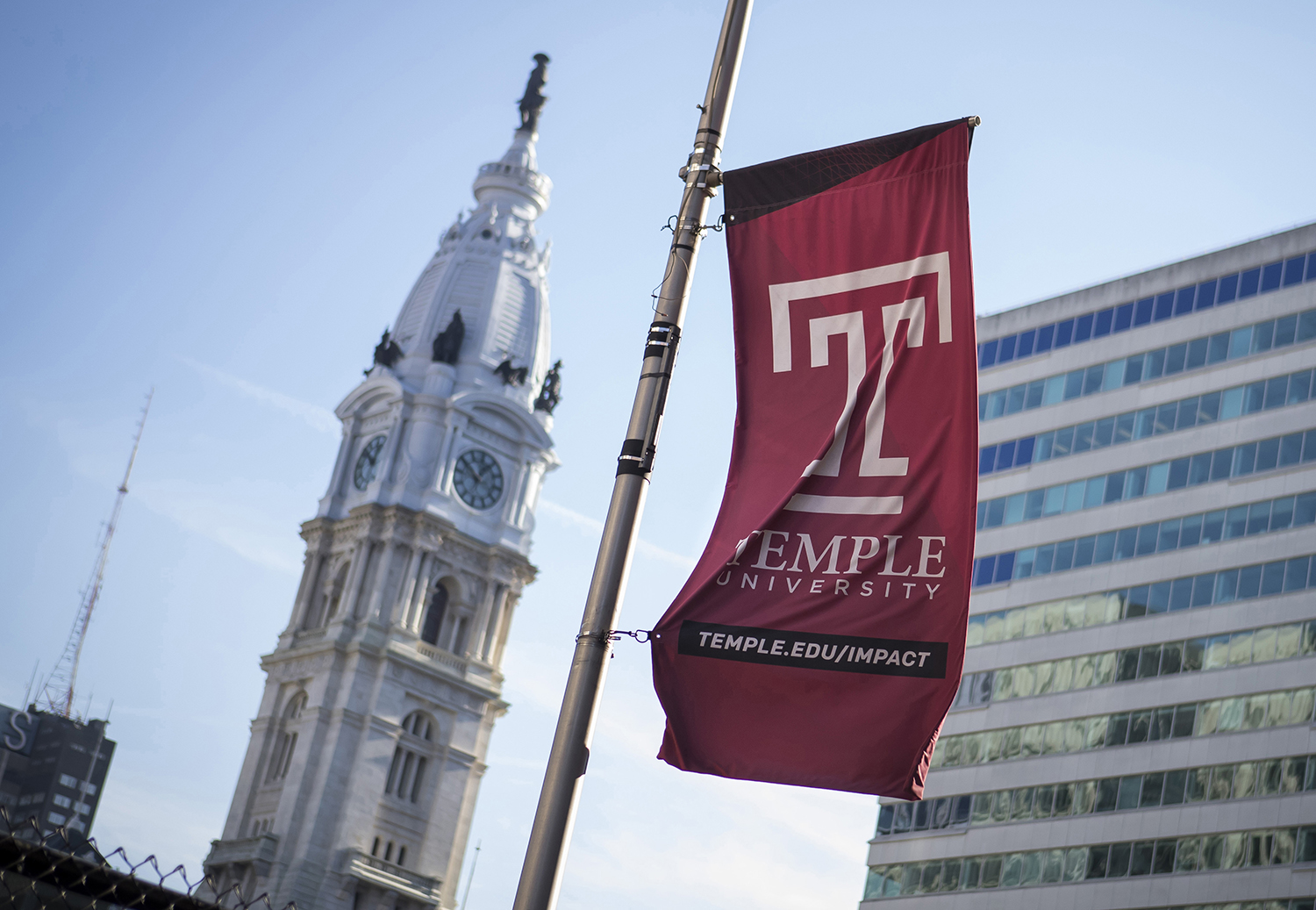There were no experts seated on a dais, directing the daylong agenda and maintaining a commanding view of the participants.
This was a first-ever conference to connect Philadelphians who empower their neighborhoods through media, art and culture. And for everyone to benefit, everyone engaged at street-level. There were no hierarchies.
“It’s not the kind of event where you have five panelists talking and 65 people listening,” Klein College Professor Clemencia Rodriguez explained in advance of the symposium held Sept. 28 at Temple.
About 70 invitees from Philadelphia that included some of its universities, community media makers, artists, activists and social welfare organizations attended the aptly titled “Media, Movements and the City: A Gathering of Media Activism in Philadelphia.”
The symposium served as a “hub” where guests shared ideas and built long-term, collaborative relationships, according to Rodriguez, whose more than 20 years of research and expertise is in alternative and community media as agents of citizen empowerment and societal change.
Back in 2001, Rodriguez cofounded OurMedia/NUESTROSMedios, a global network to facilitate dialogue among media producers, community activists and scholars. For about 10 years, she said the founders helped to organize about 10 conferences across the globe that became “amazing spaces” for collaboration and dialogue.
“I wanted to recreate that at the local level,” she said in an interview.
“Community media is vital because one, it’s not for profit. And two, they do media for other reasons because they are embedded in the neighborhood,” said Rodriguez, noting that mainstream media outlets that include The Philadelphia Inquirer were invited to the symposium. “In no way am I saying anything against the good journalism like The Inquirer, but community media is right there in the streets, in the parks, in the houses of the people of the neighborhood. They are very, very close to the problems, the successes, the challenges but also they are also the experts creatively.”
She said the idea for the Philadelphia event came up over coffee with Rutgers University associate journalism and media studies Professor Todd Wolfson, who was among the dozen professionals on the organizing team.
In an email sent prior to the event, Wolfson said the point of the symposium was to build stronger networks among the groups that create media and “shine a light on stories often submerged from view.”
Such storytelling, he said, could become a vehicle to “support the organizing and social change this city sorely needs.”
Participants this year included representatives from the low-power FM radio stations that broadcast hyper-local news and stories to their immediate neighborhoods, media representing the African-American and Latinx communities, music producers, community organizations and what Rodriguez calls other “meaning makers” – people who produce meaning through art and media.
“We want to have them all under the same roof, identifying common challenges and strategies, getting to know each other and in the future collaborate with each other and announce initiatives to each other,” she said.
The participants all work in the realm of using media, art and culture to move the voices of the neighborhoods “to the center of the public sphere,” she said, and to “strengthen social movements that are trying to better the lives of working classes and vulnerable communities in Philadelphia.”
Said Wolfson:
“In many ways the movements across Philadelphia have really taken a step forward in the last few years but the media activist community has only been partially involved with those steps forward so connecting them more concretely and building a better network of projects seems important.”
Rodriguez said she would like the symposium to have continued support from Philadelphia’s universities.
Besides Klein College, the symposium was co-sponsored by the Media, Inequality and Change Center at the University of Pennsylvania and Rutgers University, the Center for Advanced Research in Global Communication (at Penn), and the Media Activism Research Collective (at Penn), and Philadelphia-based community activist media groups that include PhillyCAM and the Media Mobilizing Project.
Additional co-sponsors included the University of Pennsylvania Media Activism Research Collective, the School of Social Policy and Practice at the University of Pennsylvania, Jefferson University, and the University of Pennsylvania, Annenberg School of Communications.

